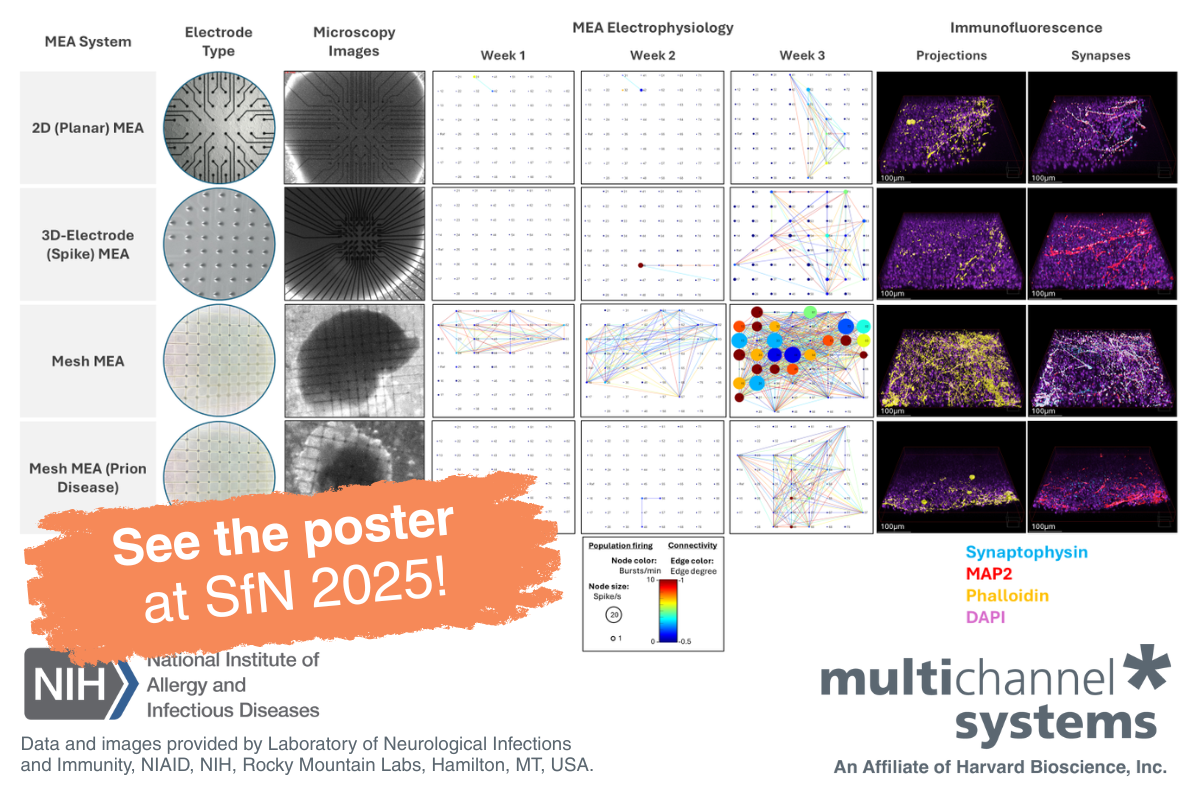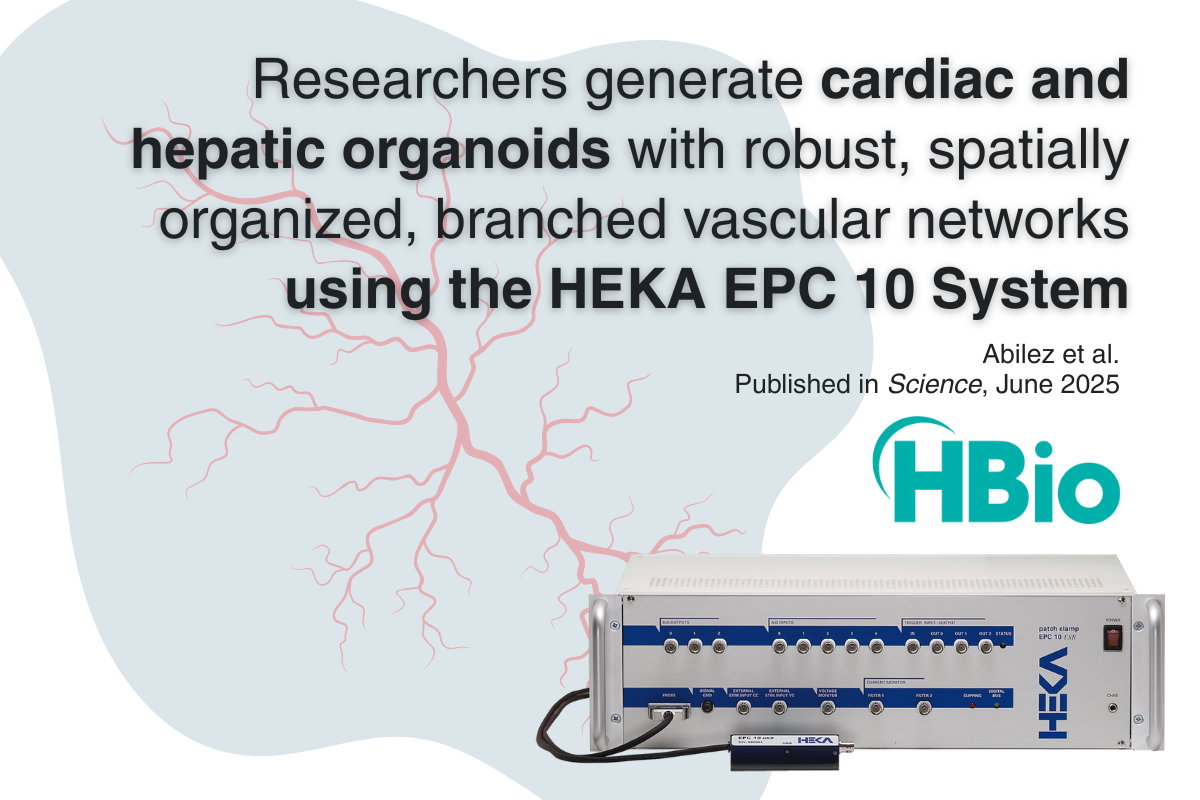
Standing with Researchers in Uncertain Times: Exploring Alternative Funding Paths
Facing funding challenges? This blog from Harvard Bioscience explores diverse alternative funding sources for researchers—from private foundations and industry partnerships to international grants and crowdfunding. It also highlights key awards supporting early-career scientists. Discover practical paths to keep your research moving forward, even in uncertain times.
At Harvard Bioscience, we’ve had the honor of supporting life science researchers for over a century. We’ve seen incredible breakthroughs and walked alongside the research community through both triumphs and trials. Your work is essential, not only to scientific advancement but to the future of medicine, public health, and our collective well-being.
As 2025 unfolds, we know that many researchers are facing significant funding uncertainties. The pressure to secure resources can be intense—and for some, disheartening. Even as federal funding sources like the National Institutes of Health (NIH) face increasing demand and tightening budgets, opportunities do remain. We gathered a list of some alternative funding sources you may want to consider.
Repositories of available Grants
- GrantForward
- GrantWatch
- Philanthropy News Digest
- Stanford Medicine Research Management Group
- John Hopkins University
- Fellowship Finder
Exploring Alternative Funding Sources
1. Private Foundations and Nonprofits
Many private organizations are stepping up to fund specific areas of research, often with more flexibility and a willingness to support high-risk, high-reward projects.
- Howard Hughes Medical Institute (HHMI) – Supports investigator-driven biomedical research.
- Bill & Melinda Gates Foundation – Funds global health, infectious diseases, and translational research.
- Chan Zuckerberg Initiative (CZI) – Focuses on open science, bioimaging, and neurodegeneration.
- Doris Duke Charitable Foundation – Supports clinical and translational research.
- Burroughs Wellcome Fund – Funds early-career researchers in biomedical sciences.
- The Michael J. Fox Foundation – Focuses on Parkinson’s disease research.
2. Industry Partnerships
Pharmaceutical and biotech companies are increasingly investing in academic collaborations. These partnerships can provide funding, access to equipment, and valuable exposure to translational research opportunities.
- Pharma/Biotech Sponsored Research – Companies like Pfizer, Genentech, and Merck often fund academic research with potential commercial applications.
- Consortia & Public-Private Partnerships – Examples include:
- Structural Genomics Consortium (SGC) – Open-access drug discovery collaborations.
- Innovative Medicines Initiative (IMI, now IHI) – Primarily focused on EU organizations, but can be available to US researchers through collaborations.
3. State & Local Funding Programs
Some states offer grants to boost local biotech innovation, such as:
- California Institute for Regenerative Medicine (CIRM)
- New York State Stem Cell Science (NYSTEM)
- Maryland Innovation Initiative (MII)
4. International Grants and Collaborations
Don’t overlook opportunities from global funding bodies:
- European Research Council (ERC) - Open to U.S. researchers collaborating with EU institutions.
- Human Frontier Science Program (HFSP)
- Wellcome Trust
These sources often welcome collaborative, cross-border research proposals that bring innovation to the forefront.
5. Venture Philanthropy & Disease-Focused Organizations
- ALS Association
- American Cancer Society
- JDRF (Type 1 Diabetes)
- Patient Advocacy Groups – Often fund niche or rare disease research.
6. Crowdfunding and Community Support
Platforms like Experiment.com and GoFundMe are gaining traction, especially for smaller projects or pilot studies that can generate preliminary data for future grant applications.
7. Professional Society Awards and Fellowships
Many professional societies offer research grants, travel support, and career development funding—often tailored to early-career scientists or specific research topics.
8. Open Science & Data-Sharing Grants
- Open Philanthropy – Funds high-impact, under-supported research areas.
- Wellcome Leap – Supports bold, interdisciplinary challenges.
Harvard Bioscience’s Commitment to Your Success
We’re not just here to supply instruments—we’re here to invest in your future. We’re proud to support two key awards aimed at empowering the next generation of scientists:
🏅 The Dean Franklin Young Investigator Award
In partnership with the American Physiological Society, The Dean Franklin Young Investigator Award honors the legacy of Dean Franklin, a pioneer in physiological monitoring. It supports early-career researchers who show promise in advancing translational science using innovative tools and methods.
🏅 The Stephanie Watts Career Development Award
In collaboration with the Council on Hypertension’s Trainee Advocacy Committee, the Stephanie Watts Career Development Award was established to honor the advocacy work of Dr. Stephanie Watts, an active member of the Council on Hypertension, who has always advocated for the needs of the many trainees associated with the Council. The award helps early-stage investigators overcome barriers to success by providing career development support and research funding.
These awards are more than just funding—they are part of our commitment to nurturing talent, fostering inclusion, and helping promising researchers thrive even in difficult funding climates.
Ready To Write Your Grant Application?
At Harvard Bioscience, our commitment goes beyond equipment—we're here to help you find creative, flexible solutions that keep your science moving forward, even in times of uncertainty. Whether you're navigating budget constraints, exploring new funding opportunities, or scaling up a breakthrough idea, we’re ready to support your work with innovative tools and tailored guidance. Contact us for tips on improving your chances of gaining funding approvals.
We remain inspired by your dedication and are excited to continue empowering scientific discovery—today, tomorrow, and in the years ahead.




